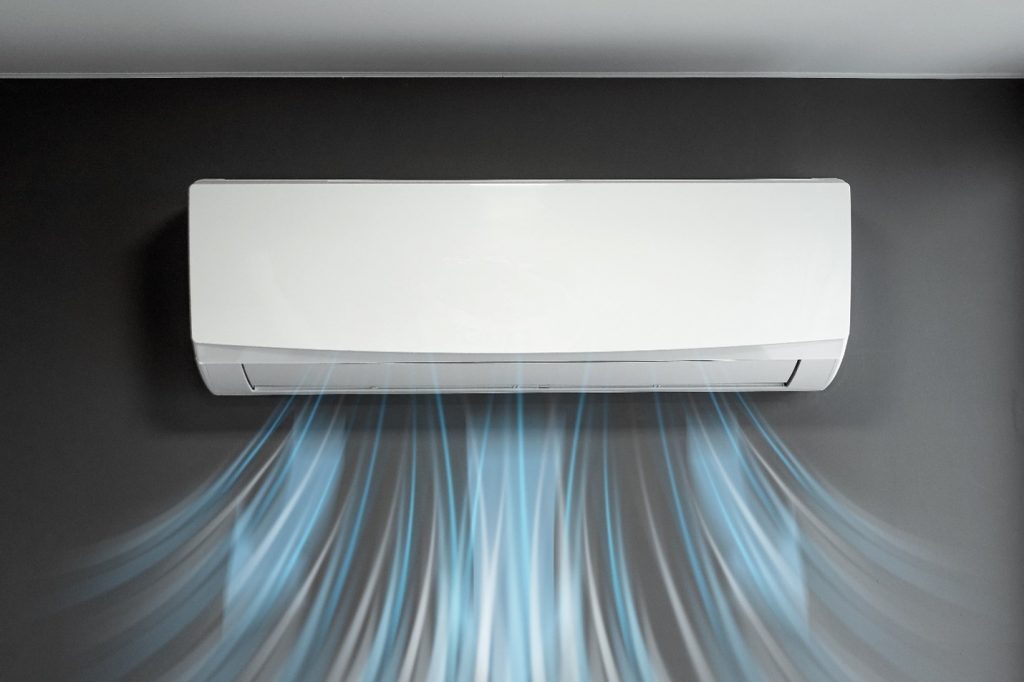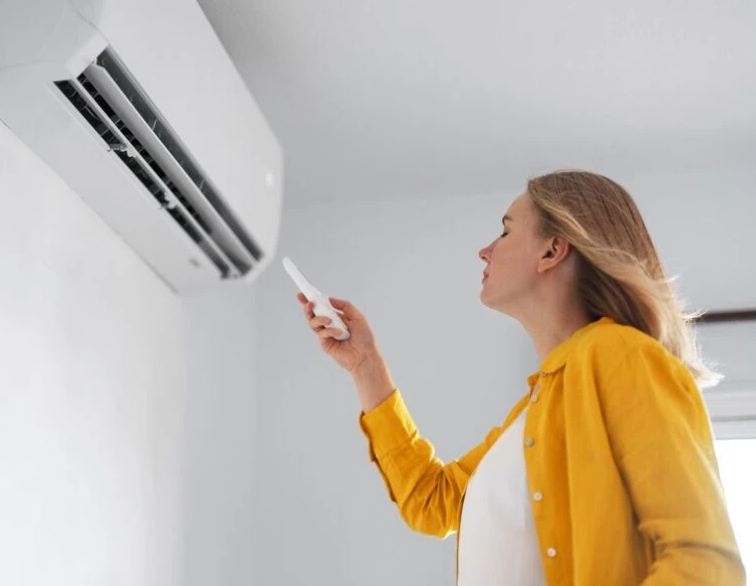Discovering water pooling around your air conditioner can be alarming. However, before contacting a professional, there are several steps you can take to identify and potentially resolve the issue yourself.
Common Causes of Water Leaks
1. Clogged Condensate Drain Line
The condensate drain line is responsible for removing the moisture extracted from the air. Over time, it can become clogged with dirt, algae, or mold, leading to water leakage. Regular maintenance and cleaning of this line can prevent such issues.
2. Dirty Air Filters
Air filters trap dust and debris, but when they become clogged, airflow is restricted. This can cause the evaporator coils to freeze and, upon thawing, result in excess water that the drain pan may not handle efficiently.

3. Low Refrigerant Levels
Insufficient refrigerant can cause the evaporator coils to freeze. Once the ice melts, it can overwhelm the drain pan, leading to water leakage. This issue typically requires professional attention to resolve.
4. Damaged or Rusted Drain Pan
The drain pan collects water from the evaporator coils. If it’s damaged or rusted, it may not hold water properly, causing leaks. Inspecting and replacing the drain pan can rectify this problem.
5. Improper Installation
An improperly installed air conditioner can lead to various issues, including water leakage. Ensuring that the unit is level and the drain line is correctly positioned is crucial for proper drainage.
Steps to Address the Leak
- Turn Off the AC Unit: To prevent further damage, switch off the air conditioner and unplug it if possible.
- Inspect the Air Filter: Remove and examine the air filter. If it’s dirty, clean or replace it to restore proper airflow.
- Check the Condensate Drain Line: Locate the drain line and ensure it’s clear of obstructions. You can use a wet-dry vacuum to remove any debris.
- Examine the Drain Pan: Look for any signs of damage or rust in the drain pan. If it’s compromised, replacing it may be necessary.
- Assess Refrigerant Levels: If you suspect low refrigerant levels, it’s best to contact a professional technician to inspect and refill as needed.

When to Call a Professional
If the above steps do not resolve the issue, or if you’re uncomfortable performing these checks, it’s advisable to contact a certified HVAC technician. They can accurately diagnose and fix more complex problems, ensuring your air conditioner operates efficiently and safely. Regular maintenance, such as changing air filters every 1–3 months and scheduling annual professional inspections, can help prevent water leakage and extend the lifespan of your air conditioning unit.
Conclusion
To prevent future water leaks, it’s important to schedule regular maintenance. Have a certified HVAC technician inspect your air conditioner at least once a year to ensure all components are working properly. Clean the drain line periodically, even if it appears clear, to prevent buildup of algae or debris. Make sure the air filter is changed or cleaned regularly, as a clogged filter can lead to frozen coils and subsequent leaks. Additionally, ensure your unit is properly leveled and positioned to allow efficient drainage. Taking these proactive steps can extend the life of your AC and keep your home comfortable year-round.

















